Roofing is an essential part of any building structure. A well-maintained roof is necessary to protect a building and its occupants from the elements. Whether it’s rain, snow, hail, wind, or heat, a durable roof is essential for protecting the building and its inhabitants. In this article, we will discuss roofing in detail and explore its various types, materials, and benefits.
Roofing Types Roofing can be classified into two main types: residential and commercial. Residential roofing is installed on houses, while commercial roofing is installed on commercial buildings such as offices, factories, and warehouses. Both types have their specific requirements and challenges, and roofing professionals need to be well-versed in both.
Roofing Materials Roofing materials play a significant role in the durability and longevity of a roof. Common roofing materials include asphalt shingles, metal, clay, slate, and concrete tiles. Asphalt shingles are the most commonly used material for residential roofing due to their affordability, ease of installation, and durability. Metal roofs are becoming increasingly popular due to their longevity and energy efficiency. Clay, slate, and concrete tiles are durable and long-lasting but are more expensive than asphalt shingles and metal roofing.

Benefits of a Good Roof A good roof provides numerous benefits to the building and its occupants. First and foremost, a well-maintained roof protects the building from the elements and prevents water from seeping into the structure. It also helps regulate the temperature inside the building, keeping it warm in the winter and cool in the summer. A good roof can also improve the energy efficiency of a building, reducing energy costs and lowering the building’s carbon footprint.
Maintaining a Roof Maintaining a roof is essential to prolong its lifespan and ensure its functionality. Regular maintenance tasks include inspecting the roof for damage, cleaning gutters, removing debris, and repairing any leaks or damages. It’s also important to ensure proper ventilation to prevent moisture buildup, which can lead to mold and mildew growth.
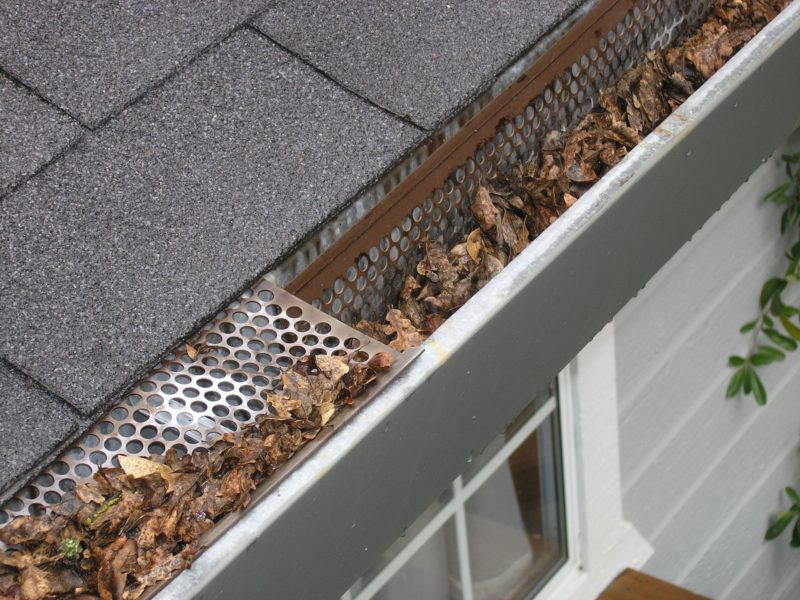
Choosing a Roofing Contractor Choosing the right roofing contractor is crucial to ensure a durable and long-lasting roof. A reputable contractor should be licensed and insured and have experience in both residential and commercial roofing. They should also provide references and offer a warranty on their work.
In conclusion, roofing is an essential aspect of any building structure. A good roof provides numerous benefits, including protection from the elements, improved energy efficiency, and a comfortable living or working environment. Choosing the right roofing materials and contractor, along with regular maintenance, can ensure a durable and long-lasting roof for years to come.

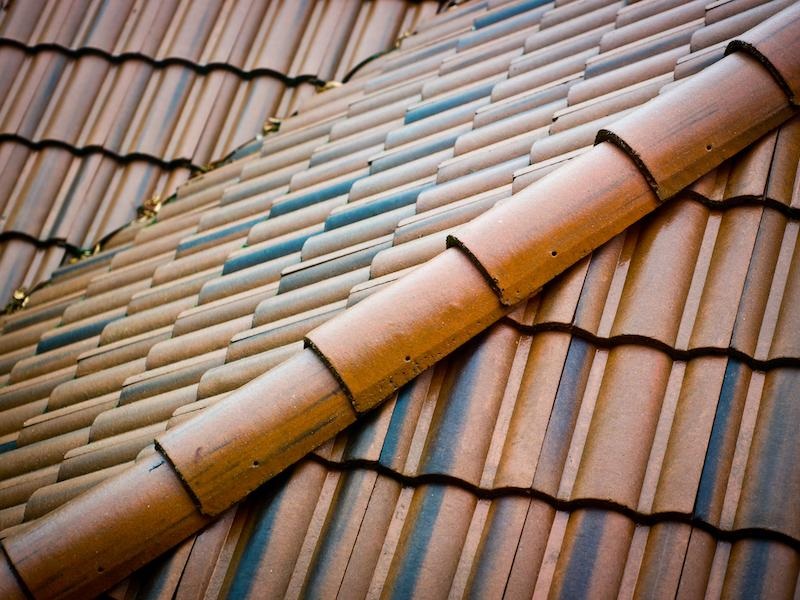

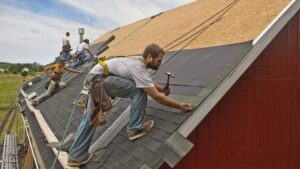




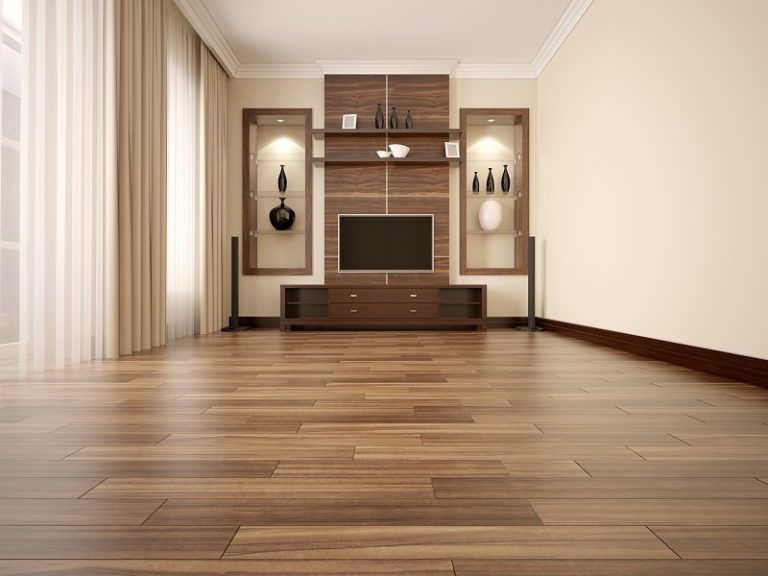
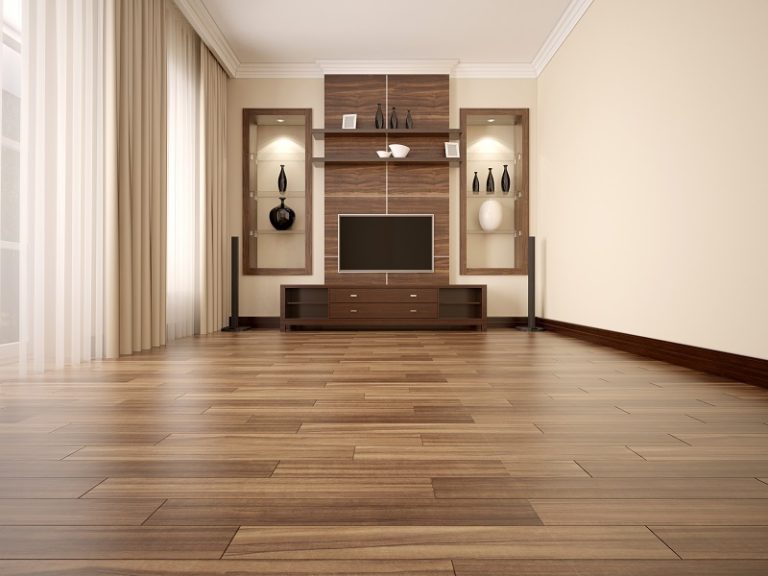
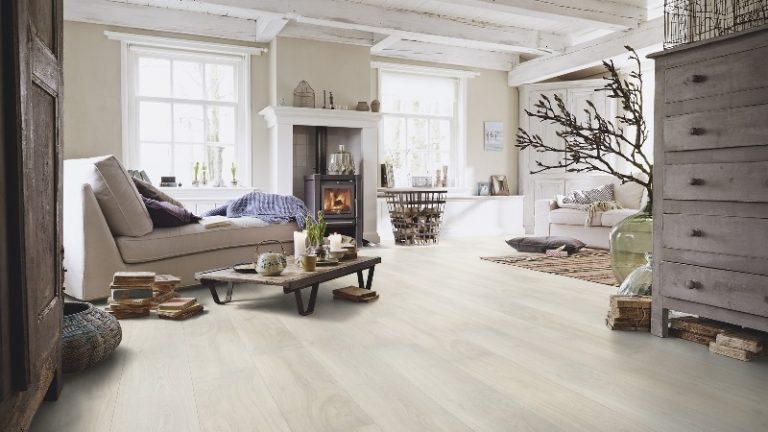

+ There are no comments
Add yours